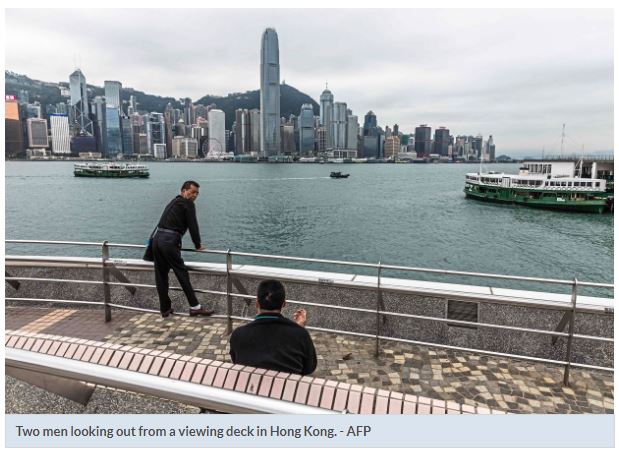Malaysia: Rising material prices temper optimism
PETALING JAYA: Companies in the Asia Pacific remain optimistic about their prospects despite higher cost pressure from rising material prices.
This optimism on economic growth was unequal across the region according to the Coface 2022 Asia Corporate Payment Survey.
Malaysia showed a significant decline compared to last year in the expectation for economic growth.
Only 44% of Malaysian companies, down 29% from last year, participating in the survey, anticipated improvement in economic growth amid rising political uncertainty, with the possibility of a snap general election in 2022.
“Singapore is more optimistic compared to the Asian average, with 83%, up 17% last year, anticipating higher growth.
“Companies in Japan and Thailand, where the recovery was relatively subdued in 2021 and therefore with a greater scope for a stronger recovery in 2022, showed more confidence as well, both rising by 14% to 75% and 80%, respectively,” the survey entitled Asia Payment Survey 2022: Asian Companies Face Rising Credit Risks Despite Shorter Payment Delays noted.
The survey covered 2,800 companies from nine markets and 13 sectors located in the Asia-Pacific region between November 2021 and February 2022.
Companies worldwide, including 1,512 in Asia-Pacific, saw rising material prices as the key factor that intensified cost pressures, which heightened the risk of developing cash-flow problems.
Businesses sales performance and cash flow were affected by rising raw material prices as a consequence of Covid-19.
“Over half or 54% of the companies mentioned rising raw material prices as a key reason for declining sales performance and cash flow issues since it rose considerably from 31% in 2020.
Raw material prices rose sharply in 2021, especially for crude oil that increased higher following the conflict in Ukraine, the survey revealed.
While the recovery is set to continue in 2022, expectations about future sales and cash flows were less bright.
The percentage of respondents anticipating improved sales performance in the coming year fell from 59% in 2020 to 52% in 2021.
“Meanwhile 43% forecast better cash flow, down from 50% the previous year.
“The proportion of companies forecasting improved business performance was the lowest in the construction sector.”
Rising downside risks to growth include continued supply chain disruptions, escalation in geopolitical tensions, elevated commodities prices and rising interest rates.
The potential impact of higher input costs on business margins is concerning.
The Purchasing Manager Index (PMI) surveys showed that input prices in Asia-Pacific rose sharply since the second-half of 2020, while the rate of increase in output prices was slower than the growth in input prices.
“This resulted in increased pressure on manufacturers’ corporate margins, as businesses were able to only partially pass on higher business costs to their clients.
“The pass-through of higher commodities prices to consumers was reflected in sharp rises in consumer inflation, particularly in Europe, because of its heavy reliance on Russian energy,” it noted.
Stronger inflationary pressures could constrain consumption growth, resulting in a reduction in demand for consumer-facing sectors.
Asian countries are now recording rapidly rising inflation, especially in food and energy items.
In some Asian economies, the consumer price index growth rate has exceeded the central bank’s target.
Source: https://www.thestar.com.my/business/business-news/2022/06/30/rising-material-prices-temper-optimism


 English
English




